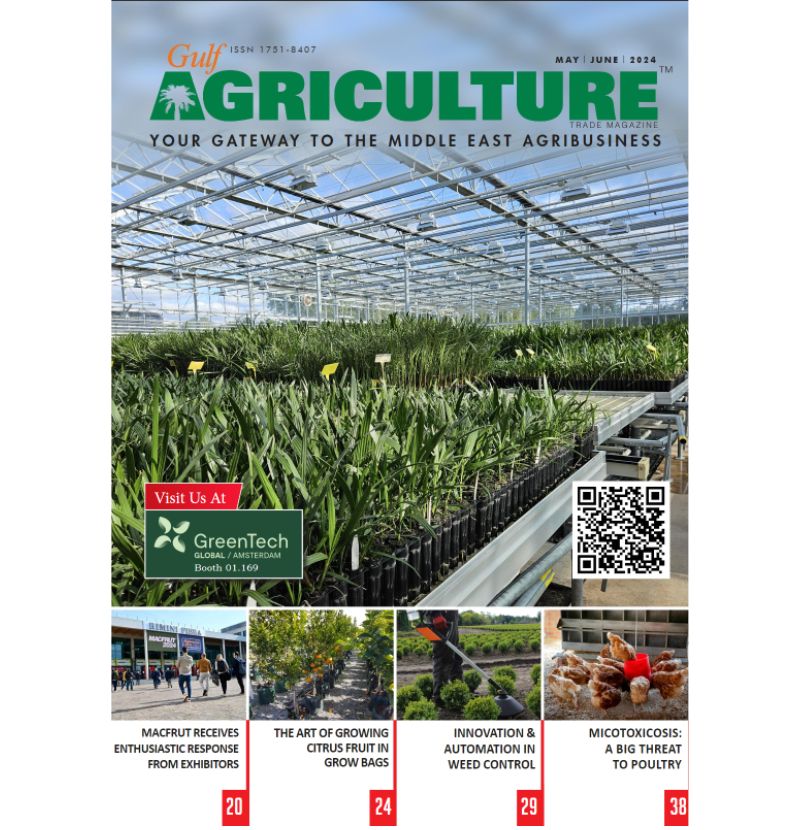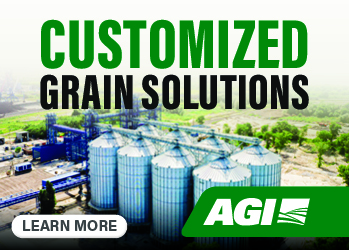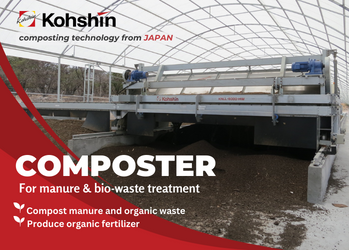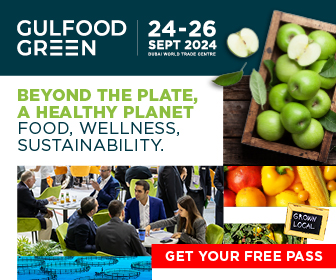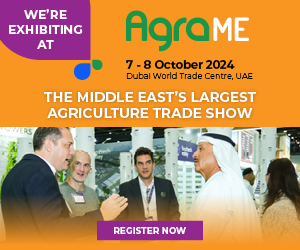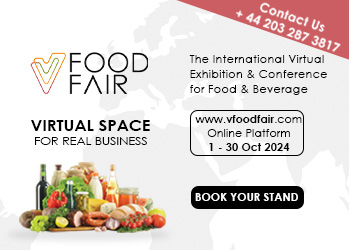Goumbook, a leading social enterprise committed to promoting sustainability and climate action, unveils the top 10 finalists for its pioneering Regenerative Agriculture Venture Programme, which aims to foster innovation through research, science and nature based solutions matched with entrepreneurship, in the domain of regenerative agriculture solutions in the Middle East, North Africa, and Turkey (MENAT) region.
Process driven and Technological Innovation based applications were received following an open call for submissions, from 18 countries. A shortlisted group of semi-finalists was identified. Upon careful deliberation by an esteemed Judge Evaluation Committee, comprised of experts in the fields of regenerative agriculture, innovation, and entrepreneurship; 10 finalists were selected to proceed to the next phase of the programme to further develop their solutions.
The Top 10 finalists, comprised of researchers and entrepreneurs from the United Arab Emirates, Kingdom of Saudi Arabia, Egypt, and Turkey, have submitted solutions related to soil health and regeneration, minimizing chemical footprint, diversified crops, technological solutions, and fertilisers. In the upcoming phase, they will further develop their solutions into proof of concepts and scale for impact.
The Top 10 finalists demonstrated social and environmental benefits that were relevant to the MENAT region, rooted in science within the domain of regenerative agriculture, with innovative and scalable potential to commercialise for impact; the top 10 solutions include:
- More Drop, More Crop: Sustainable water conservation for arid regions (UAE) –Technological Solutions
- Systemic Farming Method: Carbon Sequestration for Future Food Security (UAE) –Technological Solutions
- Food Waste Rescue, Compost Production to Soil Building in Waste Lab’s solution for sustainable agriculture (UAE) – Organic Fertilisers
- Farm as an Ecosystem: Diversified, resilient farm ecosystem and microbiome bioreactor (KAUST University, Saudi Arabia) – Healthy Soil Regeneration
- Smart Encapsulation of Plant Growth Factor for Elevated Germination in Wheat Seeds: Revolutionizing agriculture and crop resilience (KAUST University, Saudi Arabia) – Minimising Chemical Footprint
- Sesame Breeding: High-Value Production and Improved Varieties in Hot and Dry Climates: Improved sesame varieties, high value, low inputs, returning biomass carbon to the soil. (KAUST University, Saudi Arabia) – Diversified Crops
- MicroFert: Customized bio-products for enhanced crop productivity and soil fertility (Heliopolis University, Egypt) – Organic Fertilisers
- Cyanoboost: enhanced plant growth and diversity of rhizospheric microbiome in medicinal plants (Heliopolis University, Egypt) – Biofertilisers
- Egrobots: AI-powered farming bots for crop protection (Egypt) – Technological Solutions
- Conservation & Organic Agriculture of Olive Trees (Turkey) – Diversified Crops
Each of these projects presents innovative solutions to pressing challenges facing agriculture in the MENAT region and beyond, addressing issues such as soil degradation, water scarcity, food waste, and climate change. Through a blend of science, technology, and organic approaches, these finalists are leading the charge towards a more sustainable and resilient agricultural future.
Samantha Kayruz, Goumbook’s Strategy & Sustainability Impact Director, highlighted the significance of these finalists, stating, “Their work underscores the MENAT region’s capacity for research and innovation in tackling agricultural challenges with science and nature-based solutions. This also emphasises the importance of supporting our region’s innovators and researchers in developing solutions tailored to our unique agriculture, food security, and climate change challenges.”
The Top 10 Finalists will embark on the next phase of their transformative learning journey within Bootcamp 2 subject matter- lead sessions, along with additional mentorship 1-1 sessions, culminating in the judges selecting 3 winners as recipients of grants to help them scale their research and innovations for impact. Throughout the programme they will dive deeper into developing their skills in entrepreneurship and business topics that will help them advance their research solution further towards implementation for impact, bridging academia, scientific research with entrepreneurship. They will also have the opportunity to showcase their projects to a panel of judges, with the chance to win one of three $10,000 grants with further support and potential funding available, tailored to their innovative solutions needs.
The final three winners will be announced following a live pitch presentation and assessment by the judge evaluation committee. The winners will collaborate with local farmers to integrate their innovative concepts into real-world agricultural practices. Additionally, they will have access to a supportive stakeholder community, to further facilitate their journey towards sustainable & regenerative impact.
Spearheaded by Goumbook in partnership with HSBC Bank Middle East Limited, Saudi Awwal Bank (SAB), and supported by the European Institute of Technology Food (EIT Food), the Regenerative Agriculture Venture Programme serves as a transformative journey for aspiring innovators and researchers in the MENAT region, providing them with the tools, resources, and support needed to develop and scale their regenerative agriculture solutions.
Regenerative agriculture is a holistic approach to farming that focuses on restoring and enhancing the health of the soil, biodiversity, and ecosystems. Regenerative agriculture seeks to build resilience against climate change, improve food security, and promote sustainable land use. Regenerative agriculture represents a growing need in the region and the world at large and brings with it a multitude of benefits, the most salient ones being:
- Improved net carbon sequestration
- Improved watershed and soil health
- Promotion of habitats rich in biodiversity
For more information about the MENAT Regenerative Agriculture Venture Programme, including an overview of the finalists’ solutions, judges and mentors visit:













